Eureka Street Plus:
There are more than 60 results, only the first 60 are displayed here.
Become a subscriber for more search results.
-
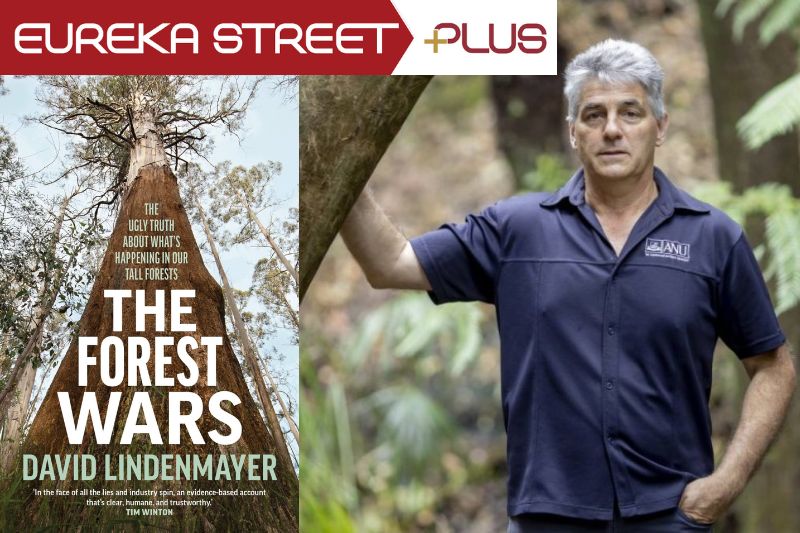
ENVIRONMENT
- Tony Smith
- 04 October 2024
The Forest Wars reveals how vested interests make life difficult for the scientists and activists who attempt to defend the environment, a war waged through deforestation on one hand and deception and obfuscation on the other. Linenmayer asks: if we continue to allow vested interests to drive deforestation, how long before the forests — and the future they promise — are lost beyond repair?
READ MORE 
-

MEDIA
- David Halliday
- 23 September 2024
Social media regulation has been a long time coming. For the last eighteen years we’ve been running a social experiment where we watch what happens when we allow children to grow up with unfettered access to this technology.
READ MORE 
-
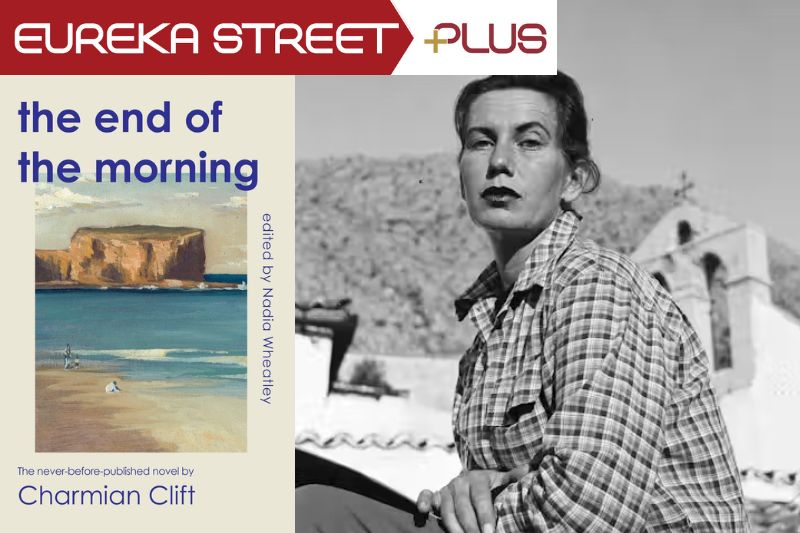
ARTS AND CULTURE
- Gillian Bouras
- 20 September 2024
2 Comments
The End of the Morning provides a rich reading experience, showing the reader an Australia that has been largely lost. But most readers will have a sense of dissatisfaction: they will want more. An unfinished novel, and an unfinished life.
READ MORE 
-
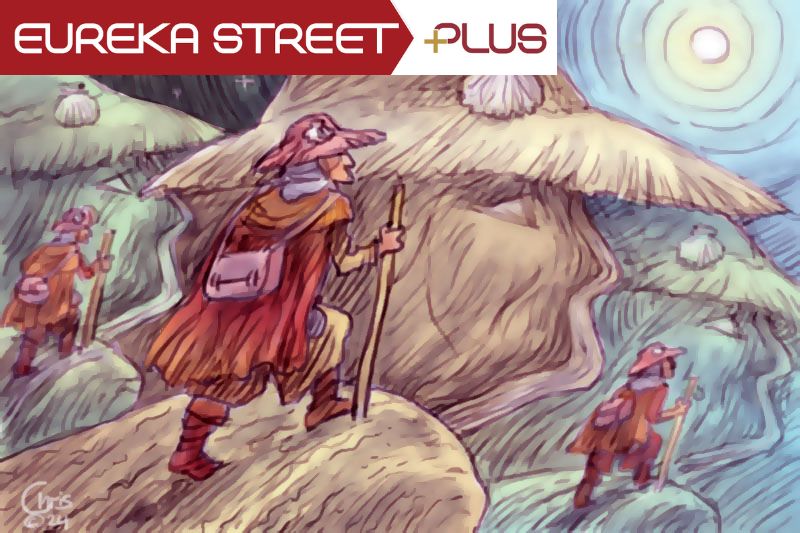
RELIGION
- Ann Rennie
- 13 September 2024
2 Comments
People visit graves and castles, libraries and mansions, battlefields and places of historical significance to feel a little of the lives of others, to pay homage, to make that human connection. We make secular pilgrimages to places that we have dreamt about or read in books or seen on screen. Wherever we go, these are ultimately visits to places within.
READ MORE 
-

AUSTRALIA
- Michael McVeigh
- 12 September 2024
I’m now the same age my father was when he was diagnosed with cancer. I wonder about my own genetics and my two young children. Of course, there are things we can do to potentially influence our destiny, but so much of who we are is written in our bodies in permanent ink.
READ MORE 
-

AUSTRALIA
- Smeeta Singh
- 06 September 2024
Australia is quietly confronting a national crisis: one in every four Australian children has been a victim of child sexual abuse, but you would never guess the scale of this crisis, given the lack of urgency from our national discourse.
READ MORE 
-
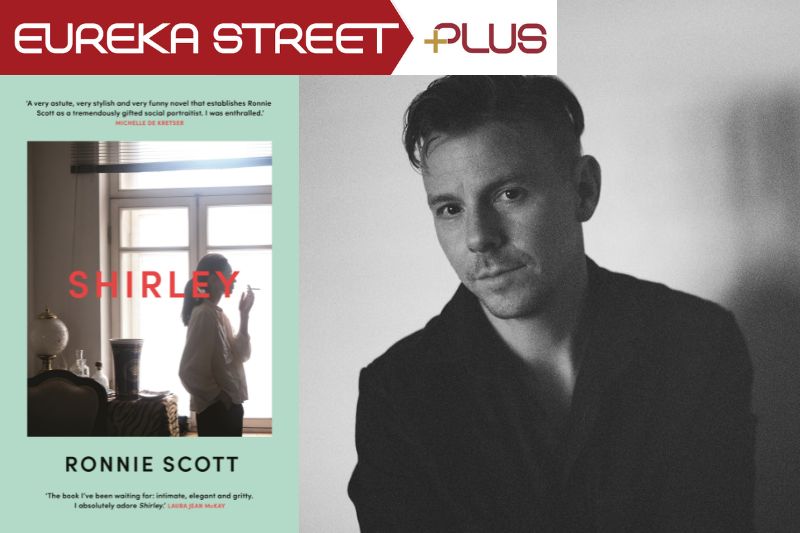
ARTS AND CULTURE
- Ken Haley
- 06 September 2024
When we look back a decade hence on the way we lived in 2020, Shirley is going to serve as a literary time capsule. If you’re in search of a visceral feel for what it’s like to live in a specific place at a specific time — namely Melbourne in 2020, as the first pandemic in a century casts a pall over the zest for life itself — this book is a must read.
READ MORE 
-

MEDIA
- Michele Frankeni
- 05 September 2024
With all attention focused on the newsworthy candidate, it seems in this 2024 presidential election, the media is playing the same game as it did in 2016. It's about novelty rather than interrogating relevant issues in any depth.
READ MORE 
-
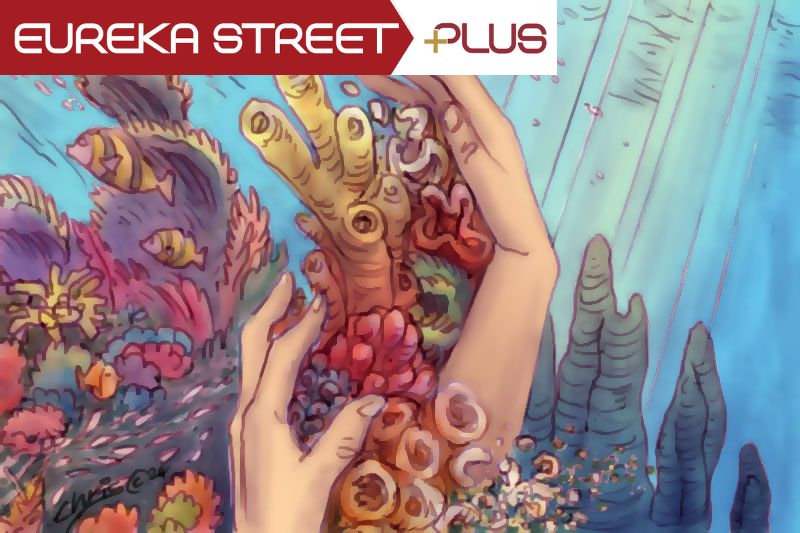
ENVIRONMENT
- Michele Gierck
- 31 August 2024
As rising sea temperatures trigger widespread coral bleaching across the Great Barrier Reef, marine scientists explore the devastating effects and do what they can to restore these vital ecosystems.
READ MORE 
-
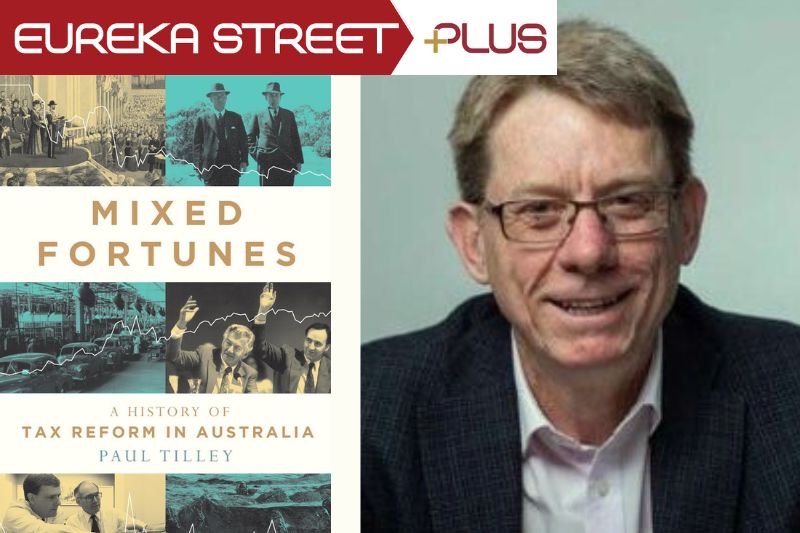
ECONOMICS
- David James
- 23 August 2024
1 Comment
The term 'reform' carries an ambiguous weight. It can signify progress but just as often masks harmful change. Paul Tilley’s Mixed Fortunes explores the messy evolution of Australia's tax system, revealing how reforms, far from delivering clarity or fairness, reflect deeper ideological struggles over power and economy.
READ MORE 
-

INTERNATIONAL
- David Halliday
- 19 August 2024
1 Comment
After a year in court, a U.S. Judge concluded that Google has a monopoly over search and had illegally maintained its monopoly by making massive payments to other companies to be their default search engine. Everyone in tech is quietly watching for what happens next, because how the U.S. Department of Justice treats Google will set the example for the other giants standing astride the world.
READ MORE 
-

ARTS AND CULTURE
- Cherie Gilmour
- 16 August 2024
The Lion King roared onto screens 30 years ago, capturing hearts unlike any Disney film since. But as the entertainment giant stumbles, it's worth considering the enduring magic of Simba's story and why modern Disney has struggled to recapture that spark.
READ MORE 